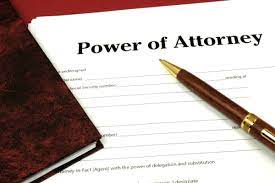POWER OF ATTORNEY
55+ YEars OF experience in Legal cases field
0+
0+
Cases Done
0+
Happy Clients
0+




